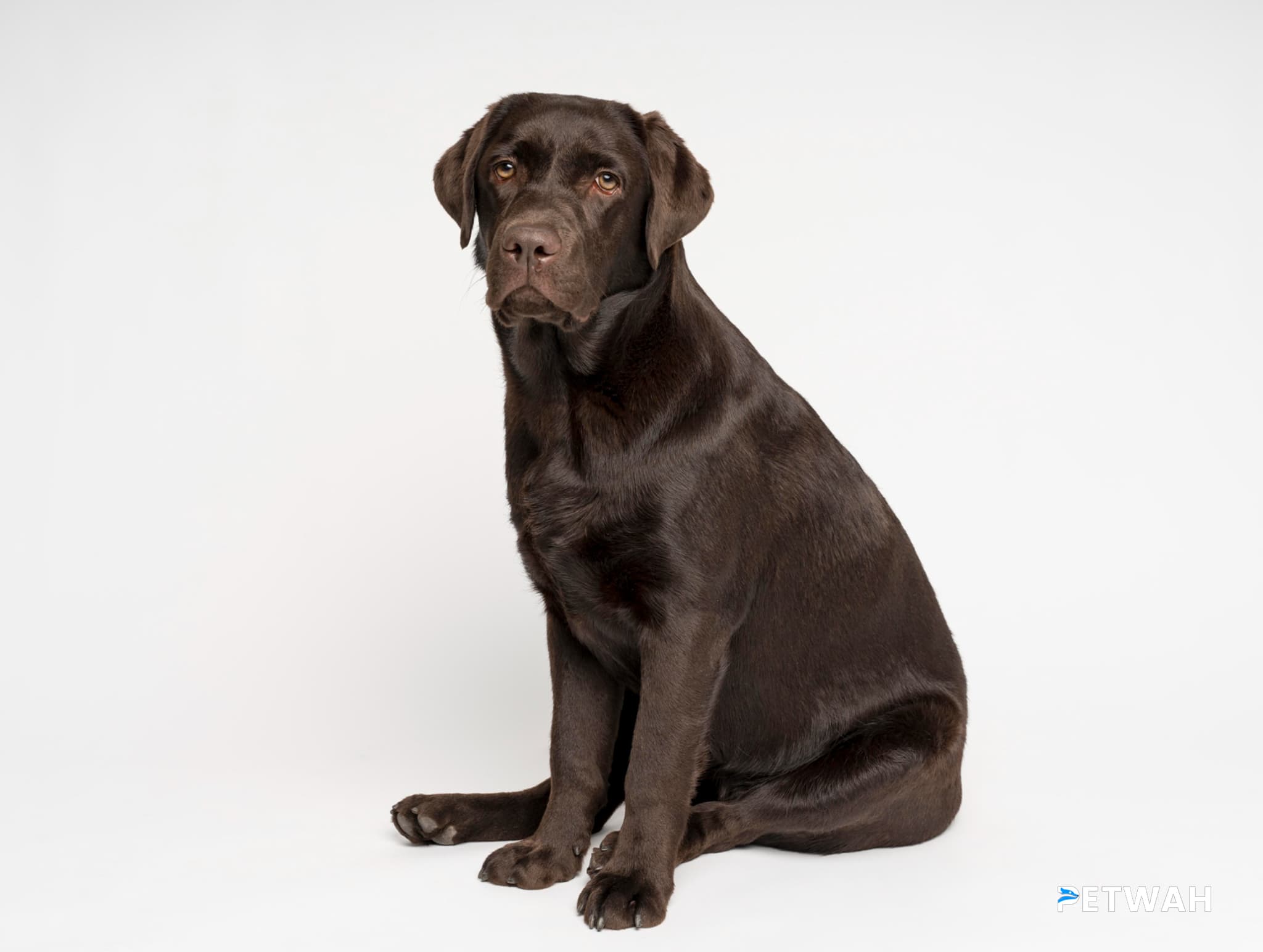German Shepherds are loyal and intelligent dogs that make great companions. However, they can also be prone to separation anxiety, which can cause a lot of distress for both the pet and the owner. Separation anxiety is a condition where a dog becomes anxious and stressed when left alone for extended periods of time, and it can lead to destructive behavior, excessive barking, and even physical harm to the dog. If you have an adult German Shepherd that is showing signs of separation anxiety, don’t worry – there are several effective strategies that you can use to prevent this condition from developing or worsening. In this blog post, we will discuss five proven methods that will help your furry friend feel more secure when you’re not around.
German Shepherds are one of the most popular dog breeds in the world. They are known for their intelligence, loyalty, and protective nature. However, like any other breed, German Shepherds can suffer from separation anxiety. Separation anxiety is a condition in which a dog becomes anxious and stressed when left alone. This can lead to destructive behavior, excessive barking, and other unwanted behaviors. In this post, we will discuss five effective strategies to prevent separation anxiety in adult German Shepherds.
1. Start Early
The earlier you start training your German Shepherd, the better. Begin by slowly increasing the amount of time your dog spends alone. Start with just a few minutes and gradually increase the time. This will help your dog get used to spending time alone and will prevent separation anxiety from developing in the first place.
2. Provide Plenty of Exercise
German Shepherds are a high-energy breed that requires plenty of exercise. A lack of exercise can lead to boredom and anxiety, which can contribute to separation anxiety. Make sure your dog gets plenty of exercise every day. This can include walks, runs, and playtime in the backyard.
3. Create a Safe Space
 - Copy.jpg)
Create a safe space for your German Shepherd to retreat to when they are feeling anxious. This can be a crate or a designated area of the house. Make sure the space is comfortable and includes toys, a bed, and water. This will give your dog a sense of security and will help them feel more relaxed when left alone.
4. Practice Positive Reinforcement
Positive reinforcement is a powerful tool when it comes to training your German Shepherd. Reward your dog for good behavior, such as staying calm when left alone. This can include treats, praise, or playtime. Avoid punishing your dog for bad behavior, as this can actually make separation anxiety worse.
5. Consider Professional Help
If your German Shepherd already suffers from separation anxiety, consider seeking professional help. This can include working with a dog trainer or behaviorist to develop a treatment plan. In some cases, medication may be necessary to help your dog manage their anxiety.
Conclusion
Separation anxiety can be a challenging condition to deal with, but it is not impossible to prevent or manage. By following these five strategies, you can help prevent separation anxiety from developing in your adult German Shepherd. Remember to start training early, provide plenty of exercise, create a safe space, practice positive reinforcement, and seek professional help if necessary. With patience and persistence, you can help your German Shepherd overcome separation anxiety and lead a happy, healthy life.
By implementing these five effective strategies, you can prevent separation anxiety in your adult German shepherd and ensure that they feel comfortable and secure when home alone. Remember to be patient, consistent, and understanding throughout the process. With time and effort, your furry friend will learn that being alone is not scary or stressful, but a natural part of their routine. Keep in mind that every dog is unique, and what works for one may not work for another. Therefore, it’s essential to tailor your approach to your dog’s personality, needs, and preferences. With a little bit of love and attention, you can help your furry friend live a happy, healthy, and anxiety-free life.


%20-%20Copy.jpg)
.jpg)
.jpg)
%20-%20Copy.jpg)
%20-%20Copy.jpg)
%20-%20Copy.png)
